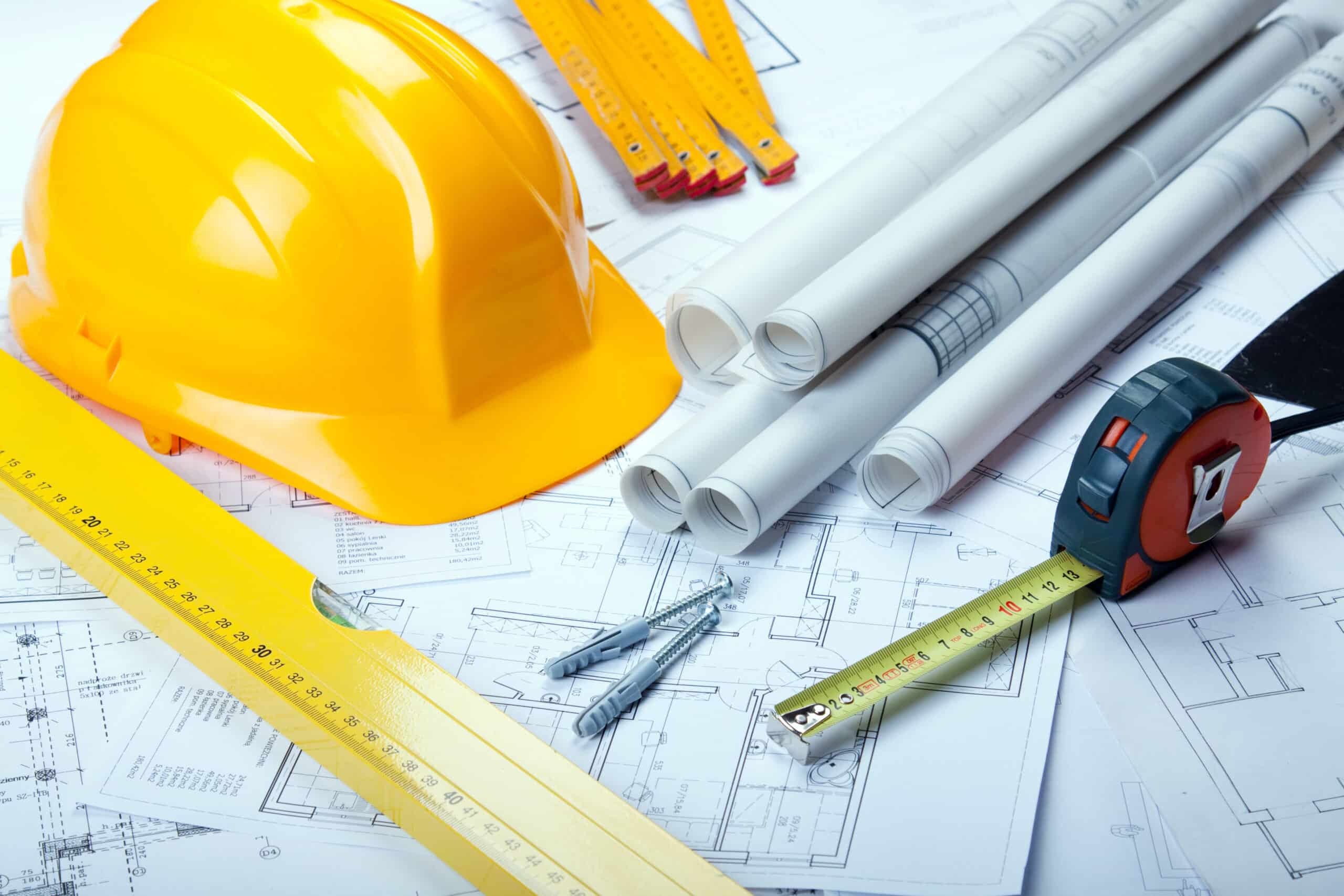

BLOG
How to maintain building compliance in design-build projects
5/01/23
In design-build mechanical projects, the significance of code compliance cannot be overstated. Ensuring that mechanical systems comply with the necessary regulatory standards and codes is not just a matter of fulfilling legal requirements; it is about guaranteeing safety, reliability, and quality in construction projects.
Below, our partners at SAM Mechanical explain the pivotal role of code compliance in mechanical projects, focusing on quality assurance and inspection processes, handling changes and variances, maintaining comprehensive documentation, and fostering effective collaboration with code officials.
What is the importance of energy code compliance?
Environmental Sustainability
Energy codes are designed to reduce the carbon footprint of buildings by setting standards for energy efficiency. By complying with these codes, design-build projects contribute to environmental sustainability. Efficient buildings use less energy for heating, cooling, lighting, and other operations, which reduce greenhouse gas emissions and the reliance on non-renewable energy sources. This is crucial for combating climate change and promoting a healthier environment.
Economic Savings
Compliance with energy codes delivers significant economic benefits to building owners and occupants. Energy-efficient designs and construction methods reduce energy consumption, therefore lowering utility bills. Over the lifespan of a building, these savings can be substantial, offering a return on investment that offsets any initial costs associated with implementing energy-efficient technologies and materials. Moreover, buildings that meet or exceed energy code requirements often have higher market values and can attract tenants more easily.
Regulatory Compliance and Incentives
Adhering to energy codes is a legal requirement in many jurisdictions. Failure to comply can result in delays, fines, and increased costs to rectify non-compliance issues. On the other hand, meeting or exceeding energy code requirements can qualify projects for incentives such as tax credits, rebates, and grants. These incentives can significantly reduce the upfront costs associated with energy-efficient designs and technologies, making them more accessible.
Enhanced Occupant Comfort and Health
Energy-efficient buildings are good for the wallet, the planet, and provide a more comfortable and healthier environment for occupants. Improved insulation, efficient HVAC systems, and better windows can maintain more consistent temperatures and higher air quality. This contributes to the well-being and productivity of residents or employees working within these spaces.
Future-Proofing
Energy code compliance helps future-proof buildings against rising energy costs and increasingly stringent regulations. As governments intensify their efforts to combat climate change, energy codes will likely become more rigorous. Designing and constructing buildings that already meet high energy efficiency standards ensures they remain compliant and competitive in the future real estate market.
Positive Public Perception
Compliance with energy codes enhances a company’s reputation, demonstrating a commitment to sustainability and social responsibility. This can improve public perception and appeal to a growing demographic of environmentally conscious consumers and businesses seeking green building spaces.
Tips for maintaining building compliance
Integrate Quality Assurance and Inspection Processes
Implementing robust quality assurance processes is fundamental to ensuring code compliance throughout the project lifecycle. From the initial design phases through construction to the final handover, a systematic approach to quality assurance helps identify potential issues early on, reducing the risk of costly reworks and delays.
Inspections play a critical role in this framework. Regular onsite inspections by qualified professionals ensure the work complies with the approved designs and specifications. Meanwhile, third-party assessments offer an unbiased project review, further validating adherence to the relevant codes and standards. When integrated into the project workflow, these processes act as checkpoints that safeguard against deviations from code-compliant paths.
Address Project Changes and Variances
Changes to the project scope are almost inevitable in construction projects. Adjusting to client desires, unforeseen site conditions, or revisions to codes and standards can necessitate modifications to the original plan. Maintaining compliance in the face of these changes requires a flexible yet vigilant approach.
When changes arise, the project team must assess compliance implications and adjust the design and construction plans accordingly. Variances, or requests for deviation from the codes, may sometimes be necessary. Navigating these requests demands a clear understanding of the codes and an ability to articulate why the variance will not compromise safety or quality.
Keep Code Compliance Documentation
Maintaining comprehensive documentation is vital for demonstrating compliance. This encompasses many records, including design decisions, the materials used, construction processes, and inspection reports. This documentation serves multiple purposes: it acts as a historical record, aids in resolving disputes, and facilitates future modifications or repairs.
From the outset, the project team should establish a systematic approach to document management, ensuring that all relevant information is accurately recorded and readily accessible. This helps in proving compliance and streamlines the process of obtaining approvals and permits.
Collaborate With Code Officials
Establishing effective communication with local code enforcement authorities is critical for ensuring code compliance. Engaging with these officials early in the project can clarify expectations and requirements, reducing the risk of non-compliance issues later on.
Pre-submission meetings with code officials are particularly beneficial. They offer an opportunity to discuss the project details, identify potential compliance hurdles, and explore solutions before formally submitting plans. This proactive approach can significantly expedite the approval process and foster a cooperative relationship with the authorities overseeing the project.

Maintain building compliance with Crete United
Non-compliance with regulatory firms can significantly impact your mechanical project. Partnering with Crete United provides peace of mind that everything meets strict building compliance standards.
The Crete United team has years of professional experience across a variety of industries and leverages that knowledge to provide leading building services.
Contact us today to learn how we ensure building compliance in everything we do.





